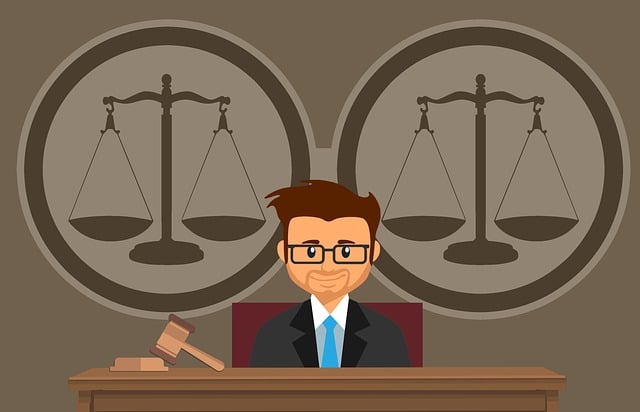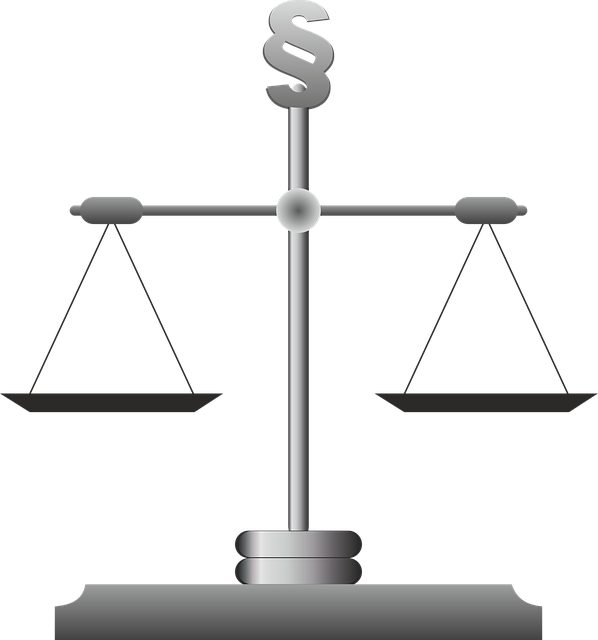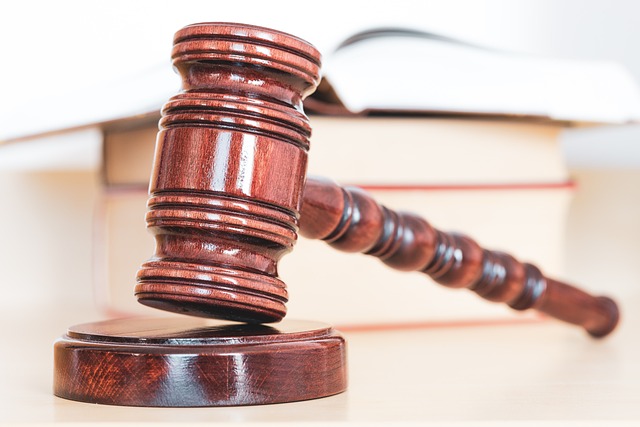Successful strategies in defamation litigation are vital for criminal defense attorneys to protect clients from false accusations. By understanding jurisdiction-specific laws, gathering and scrutinizing evidence, interviewing witnesses, and offering robust legal arguments, attorneys can defend against defamation cases. This involves exposing weaknesses, refuting evidence, providing alternative explanations, and demonstrating expertise in navigating complex legal landscapes for positive outcomes.
“In the intricate dance of justice, Criminal Defense Attorneys play a pivotal role, ensuring fair representation for those accused. This article delves into successful strategies in defamation litigation, a critical aspect of their repertoire. We explore key protections under defamation law and how attorneys build robust defenses through strategic evidence collection.
Furthermore, we dissect effective case arguments, focusing on debunking and refuting accusations, ultimately guiding readers through the labyrinthine process.”
- Understanding Defamation Law: Key Protections for Clients
- Building a Solid Defense: Strategic Evidence Collection
- Successful Case Arguments: Debunking and Refuting Accusations
Understanding Defamation Law: Key Protections for Clients

Understanding defamation law is paramount for criminal defense attorneys as it offers crucial protections for their clients. Defamation, which includes both libel and slander, refers to the spread of false statements that harm an individual’s reputation. In high-stakes cases, where winning challenging defense verdicts is at stake, mastering successful strategies in defamation litigation becomes essential. By employing robust legal arguments and presenting compelling evidence, attorneys can safeguard their clients from unjust accusations and achieve extraordinary results.
Attorneys must be adept at navigating the complexities of defamation law, which varies by jurisdiction but shares common threads. One key protection involves demonstrating the truth of the statement as a defense against defamation claims. In many cases, if the accused can prove the statement is true, they are shielded from liability. Additionally, attorneys should explore fair comment and opinion defenses, allowing for honest expressions of opinion without risking defamation charges. Achieving these strategic victories not only protects clients but also underscores the attorney’s expertise in navigating complex legal landscapes to secure positive outcomes.
Building a Solid Defense: Strategic Evidence Collection
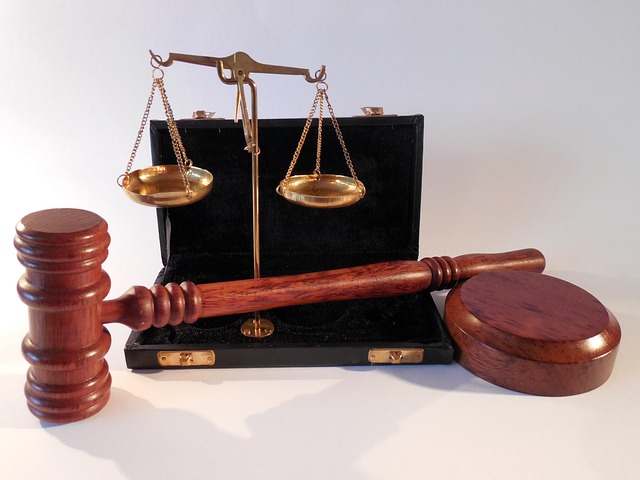
Building a solid defense starts with strategic evidence collection—a crucial aspect of successful strategies in defamation litigation. Criminal defense attorneys must carefully navigate all stages of the investigative and enforcement process, ensuring every piece of information is thoroughly evaluated for relevance and admissibility. This meticulous approach includes gathering both tangible and digital evidence, interviewing witnesses, and cross-examining accusers to uncover inconsistencies or weaknesses in the prosecution’s case.
In the world of white collar and economic crimes, where nuances matter, attorneys must be adept at presenting a compelling defense. By employing these successful strategies in defamation litigation, they can challenge false accusations effectively. This involves understanding not just the facts of the case but also the legal frameworks governing defamation, ensuring that every move strengthens their client’s position, ultimately leading to a fair jury trial where the truth may prevail.
Successful Case Arguments: Debunking and Refuting Accusations
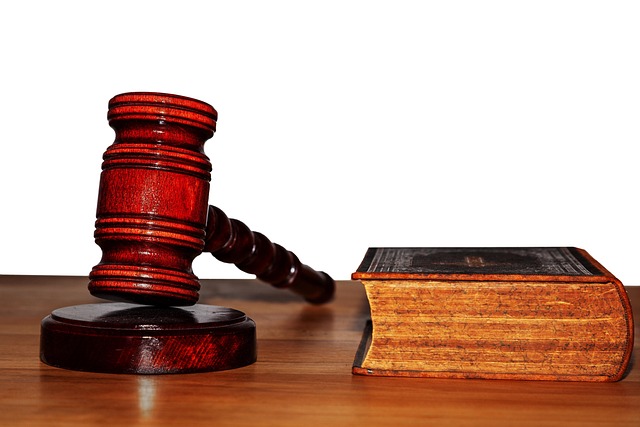
Successful case arguments for Criminal Defense Attorneys involve carefully debunking and refuting accusations against their clients. A key strategy in defamation litigation is to challenge the evidence presented by prosecutors, highlighting any inconsistencies or weaknesses. By employing robust cross-examination techniques, attorneys can expose gaps in witness testimonies and question the reliability of evidence, thereby weakening the prosecution’s case.
Additionally, effective defense attorneys present compelling alternative explanations for the events in question, demonstrating that their clients’ actions were not malicious but rather the result of reasonable decisions or extenuating circumstances. This approach not only undermines the accusations but also showcases a comprehensive understanding of both general criminal defense principles and the nuances of corporate and individual client scenarios, ultimately enhancing the credibility of their arguments in jury trials.
In the realm of criminal defense, attorneys play a pivotal role in protecting their clients’ rights and ensuring fair trials. By mastering successful strategies in defamation litigation, such as understanding defamation law, collecting robust evidence, and refuting accusations with compelling arguments, defense lawyers can navigate complex legal landscapes effectively. These proven tactics empower them to defend their clients vigorously, upholding justice and safeguarding reputations in the process.
